Waati Yelema Labenw
Adapting agriculture and building community leadership in a changing climate
Mali
 Community Cohesion & Protection
Community Cohesion & Protection
 Climate-smart Agriculture & Food Security
Climate-smart Agriculture & Food Security
 Infrastructure & Essential Services
Infrastructure & Essential Services
2018-2019
DFID
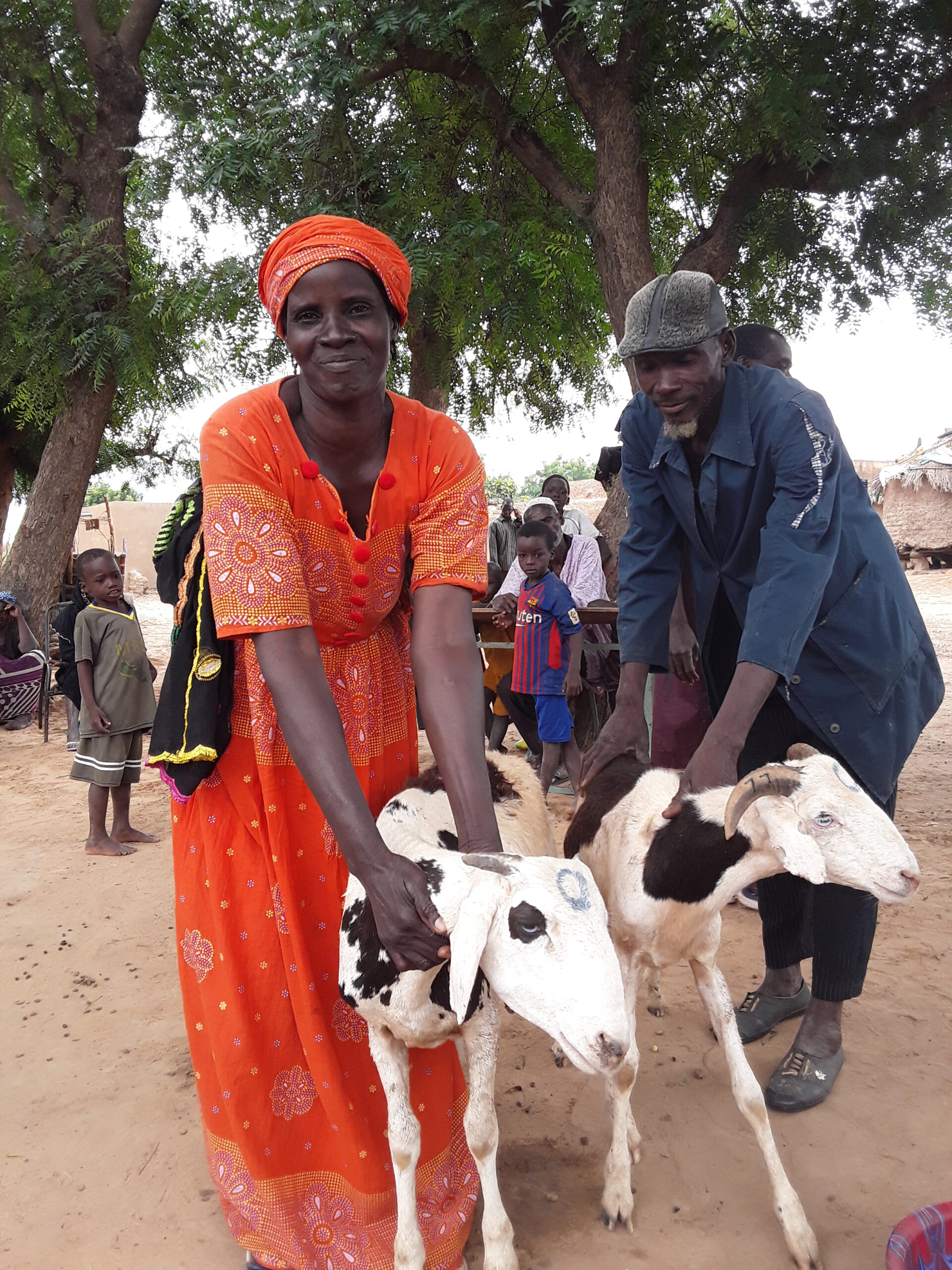
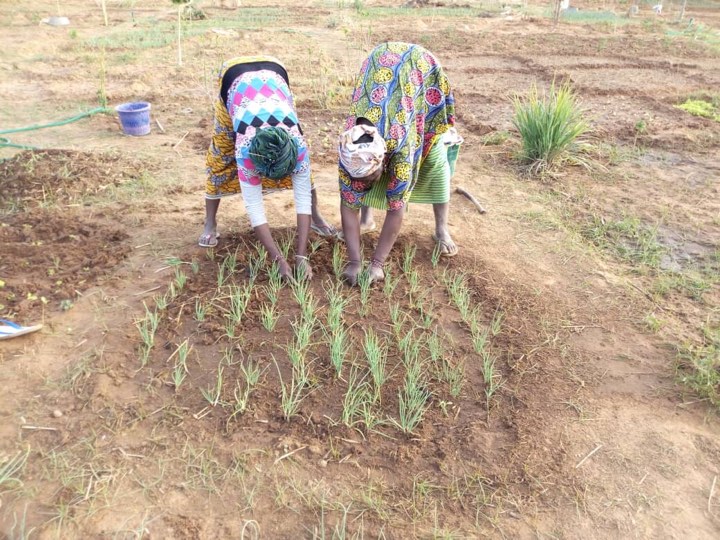
Malians largely rely on agriculture to support their livelihoods, but climate change is threatening food and economic security. Waati Yelema Labenw (WYL), which means “Acting together on climate change” in Bambara, aimed to improve resiliency to complex climate risks through DFID’s Building Resilience and Adaptation to Climate Extremes and Disasters (BRACED) Program. Across program activities, WYL reached more than 26,000 community members.
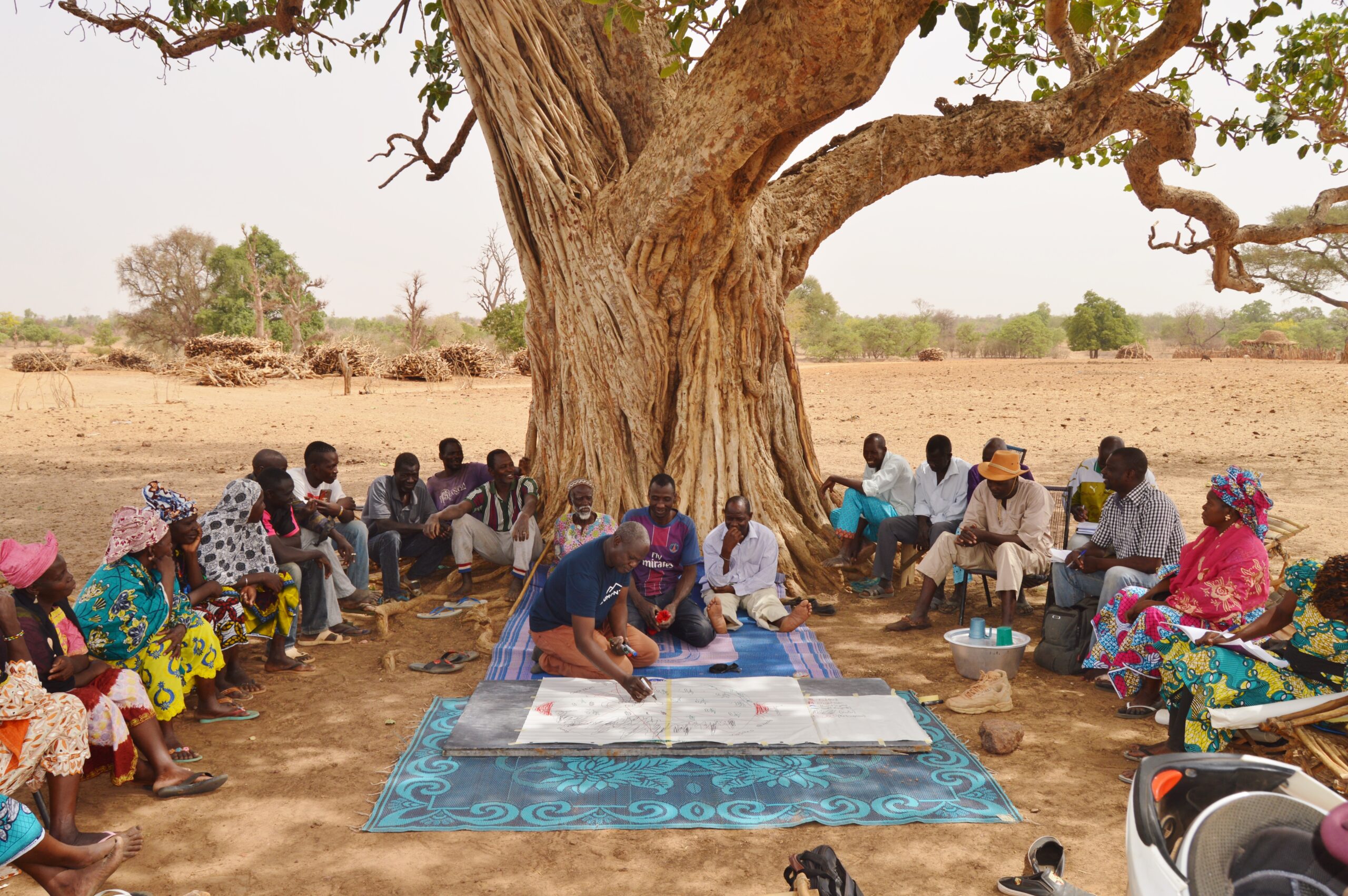
Strengthening Community Climate Resilience
An extension of the RIC4REC program (2015-2018), the primary goal of WYL was to help communities identify, reinforce, and strengthen their capacity to adapt to climate change at local and national levels. We used a Community Managed Resilience to Climate Change (CMRCC) approach to strengthen social cohesion, climate-adapted livelihoods, natural resource management, and governance in 30 communities across 10 rural municipalities in Mali’s Mopti, Koulikoro, and Segou regions.
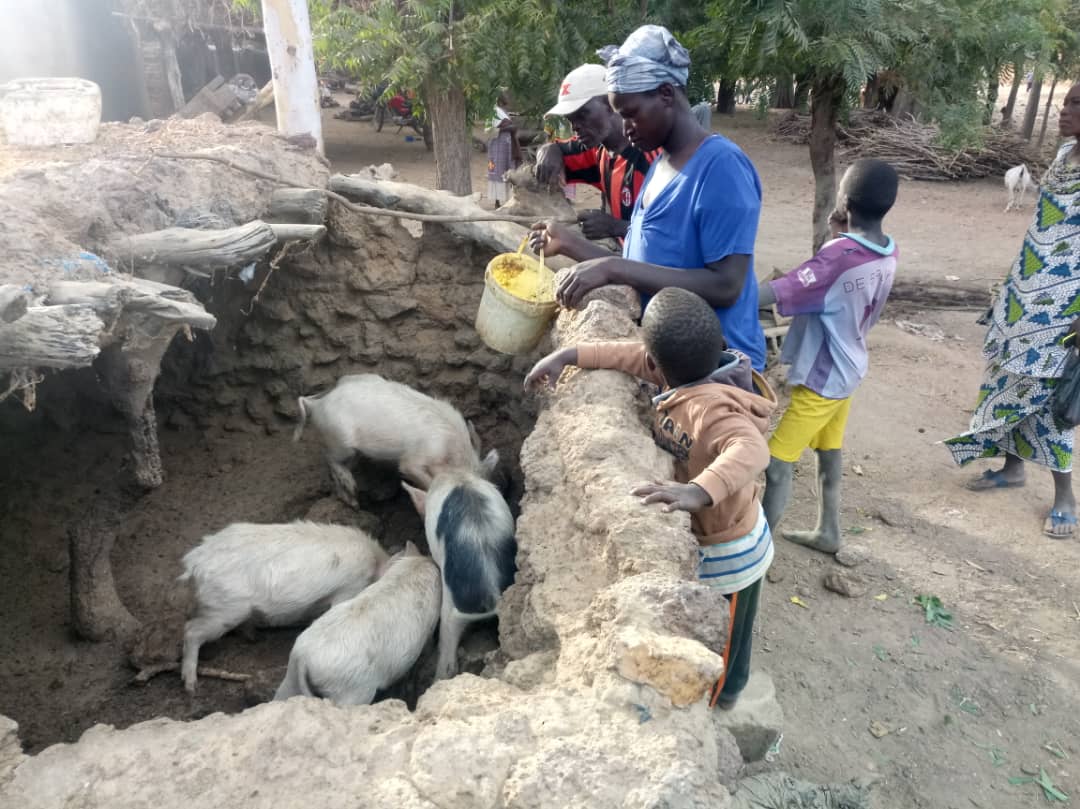
Our team worked with farmers and agricultural extension agents on climate-smart agricultural (CSA) techniques, organized more than 300 working groups, and trained more than 650 local leaders and government officials. The wide range of trainings included topics like harvest management, animal husbandry, irrigation infrastructure, weather technology, and credit management, all of which contribute to increased income and community resiliency. We also funded the construction of cereal bank warehouses, vegetable gardens, and rain gauges to reinforce local infrastructure.
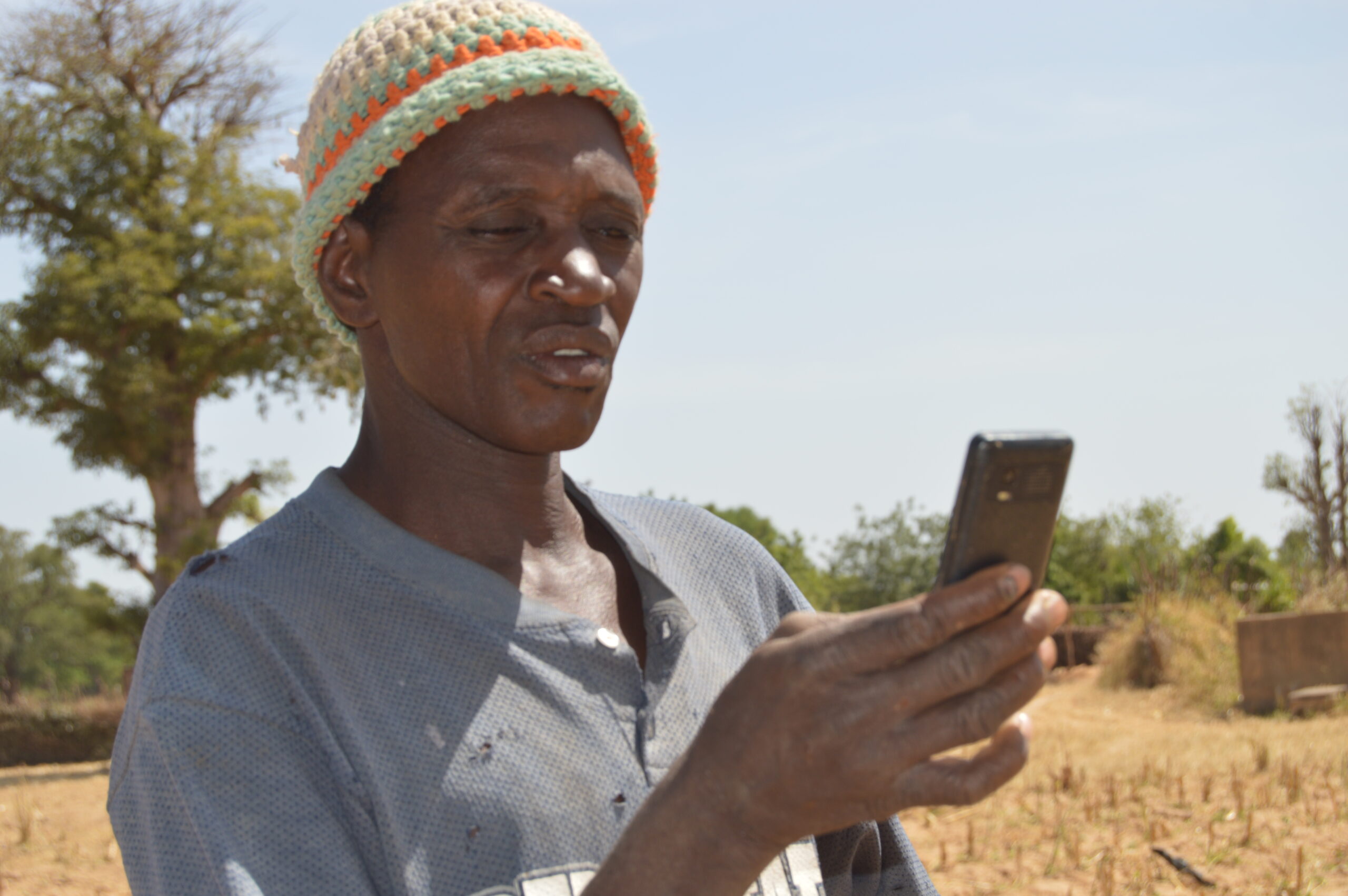
Leveraging Technology
We empowered communities to use mobile technology on the farm to inform decision-making. The Orange Mali platform allowed farmers to access production management data via mobile phone while tending crops or livestock. Another locally tailored platform from Sandji provided daily rainfall forecasts via SMS. A third service from Senekela gave farmers access to agricultural advisors through a call center.
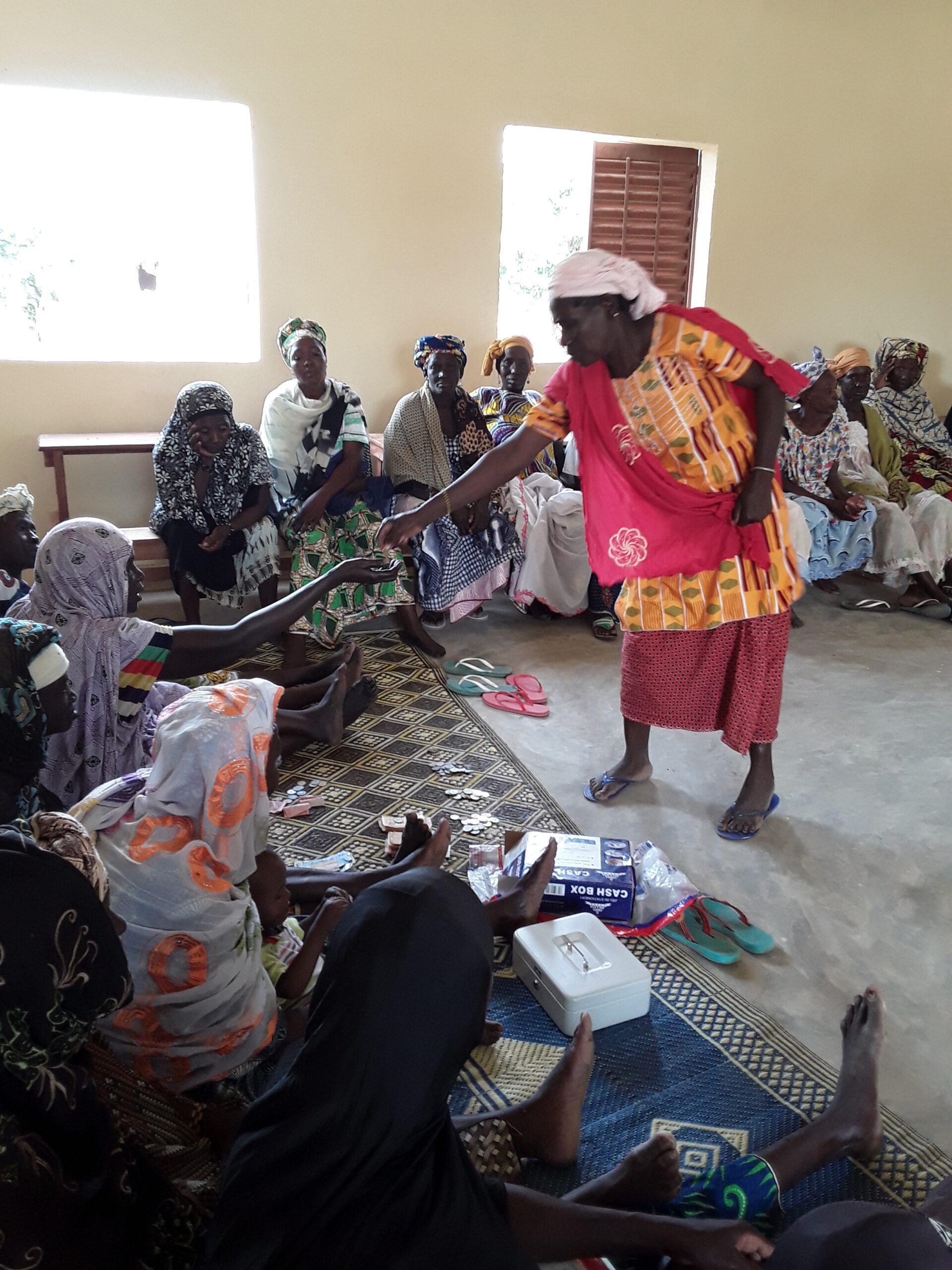
Empowering Women
Recognizing a gender imbalance in access to agriculture resources and information, activities were designed to ensure women’s participation and address underlying disparities. Hundreds of women participated in sessions on vegetable production and marketing to increase produce yield and maximize incomes. We also developed irrigation systems with solar water pumps to improve women farmers’ access to water, which reduced the time spent on water collection and resulted in higher vegetable yields. Overall, the improved time and resource use increased women’s revenue and helped many diversify income sources.



